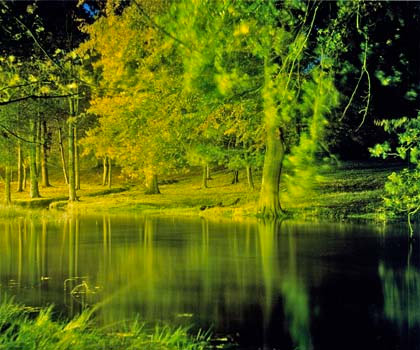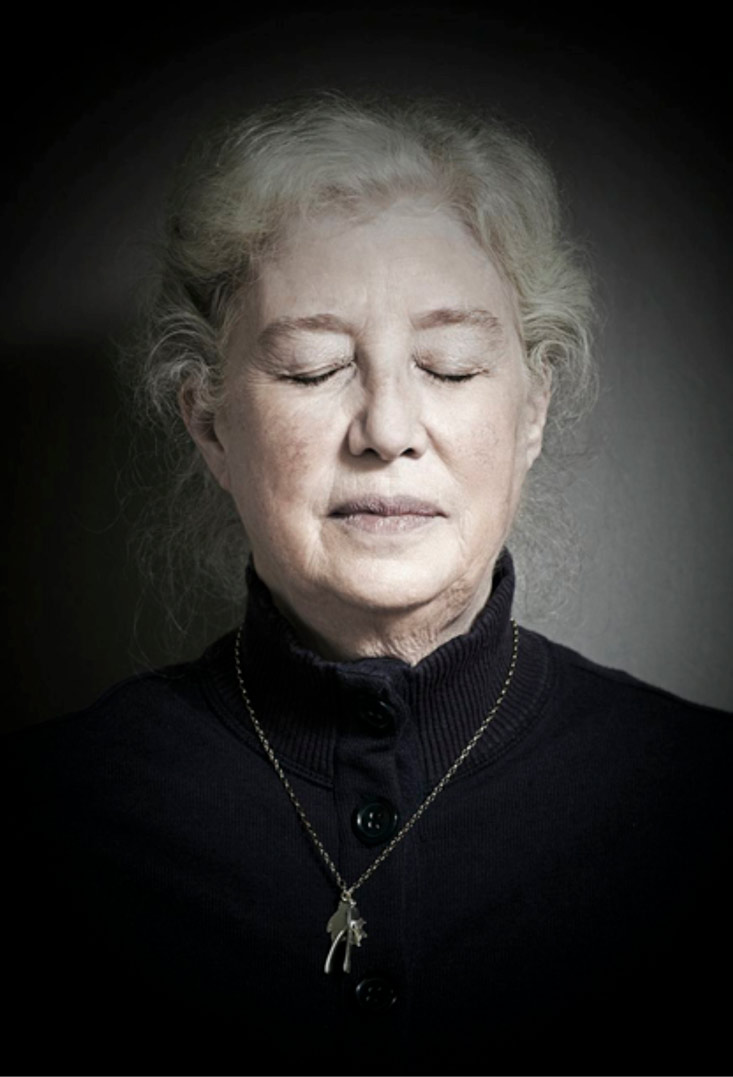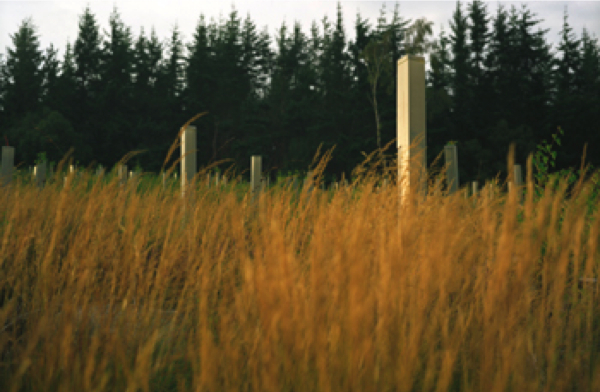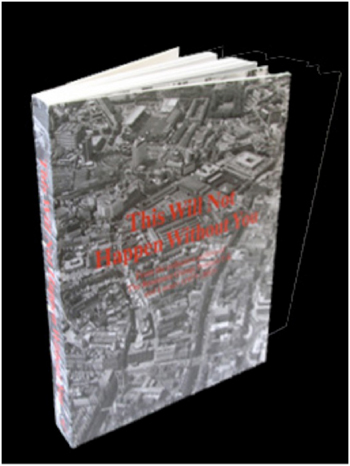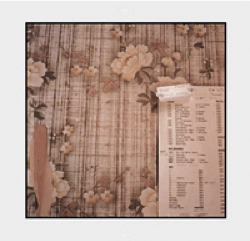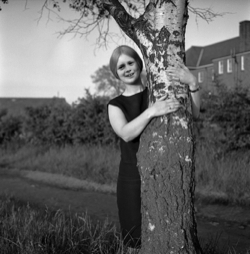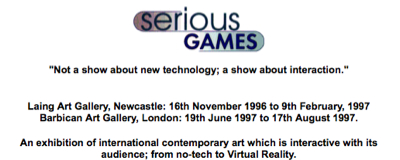The Photography PhD
If you have an MA and would like to undertake a PhD in Photography there are currently three different approaches available- 1). A written PhD research study based on historical, theoretical or critical notions of practice or archives and collections. This follows a conventional Art Historical model. Within these broad parameters an individual research programme is developed between the prospective student and their supervisors. These programmes' offer photographers and other practicing artists the opportunity of developing a programme of study at the highest academic level. The PhD represents the ‘gold standard’ award in British Universities and is an essential qualification in terms of obtaining research funding and increasingly, academic and teaching posts. For any photographer wishing to interrogate their practice or to develop a body of work within a critical, academic environment the PhD provides an opportunity to focus on the development of a body of work at the highest level. PhD study is not for everyone - many artists and photographers feel that the limits placed on their creative work are difficult to accept. Nevertheless, for those wishing to develop their critical language and understanding, post – graduate programmes such as the PhD offer challenging routes through which to engage in photographic practice at the highest level. Previous PhD students include - Liza Dracup (2017) Photographic Strategies for visualising the landscapes and natural histories of Northern England
Harry Hall (2015) The Manifestation of Change: a practice based investigation that creates a relevant photographic work in order to visually articulate the process for change within an isolated rural community Juliet Chenery-Robson The Visualisation of the Invisible Illness ME through the Production of Contemporary Photographic Practice in Collaboration with Sufferers, Carers and Medical Researchers
Charles Meecham(2015) The Oldham Road 1st and 2nd View Michele Allen (2012) A pratical investigation into the common ground between subjective documentary practice and non-gallery arts practice with reference to the Locus+ archive.
Paris Petridis.(2010) Epirus, Greece, 1997.
Matt Hearn (2012)
Dr John Darwell. (2008)
Dr Mike Golding. (2008)
Tony Baldwinson. Justice Not Charity March, April 1920, National League for the Blind and Disabled, London
Dr Carole Baker.
Professor Beryl Graham.
Professor Beryl Graham is currently Professor of New Media Art at the University of Sunderland. |
|
|
